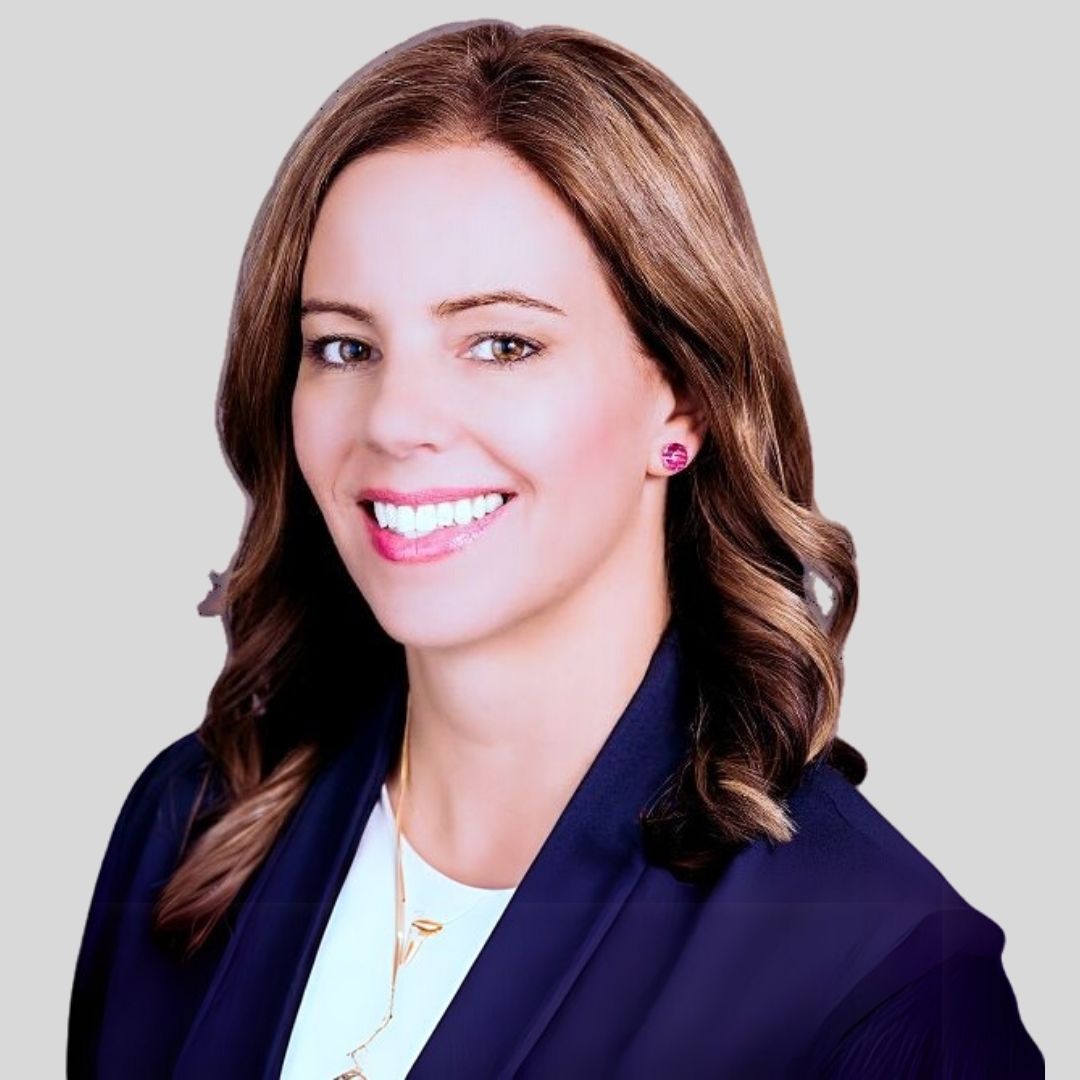From Talent Development to Head of HR: Julie Rodda’s Journey and Culture Transformation
Julie Rodda, Senior Vice President and Head of Culture and People at iRhythm Technologies, recently joined Andy Storch on the Talent Development Hot Seat Podcast to share her journey transitioning from talent development into the broader HR leadership role — and how she’s driven culture transformation, leadership development, and global growth at a fast-moving tech company. Rodda’s experience offers actionable strategies for anyone seeking to elevate talent development and cultivate a thriving, scalable culture.
Here’s how you can apply her insights within your own organization:
Start with Organizational Psychology and Real Business Impact Rodda’s entry point into talent development began with a solid grounding in organizational psychology. She quickly realized that making a broader impact meant focusing on how engagement, leadership, and organizational systems affect every employee. Move beyond academic models by ensuring your talent development strategies address real business needs, foster engagement, and drive measurable business outcomes.
Define and Activate Company Values As iRhythm scaled and transitioned to a more global, remote-first environment, Rodda led an effort to redefine core company values. This involved cross-level, cross-functional workshops and transparent communication. To emulate this in your company, gather input from diverse representatives and facilitate open dialogues about what your organization stands for. Once values are defined, activate them through targeted campaigns, executive sponsorship, learning programs, and recognition initiatives that make those values come alive in daily work.
Ensure Action Follows Listening in Engagement Surveys For Rodda, the most effective engagement surveys aren’t about the data, but about the action that follows. Employ a “listening and action” strategy: After gathering feedback, communicate transparently about what was heard and collaborate with employees and culture ambassadors to develop and implement relevant solutions. This keeps employees engaged and reassured their voices matter.
Embrace Growth by Building Robust Systems and Architecture Rapid growth from $500 million to $1 billion demands intentional systems. Rodda orchestrated foundational projects: building out job architecture frameworks, instituting clear pathways for progression, and encouraging quarterly career conversations. If you’re scaling, invest early in the operational backbone—standardize roles, clarify expectations, and make sure career development is discussed frequently, not just annually.
Integrate Leadership Development for a Global, Distributed Workforce iRhythm’s leadership development program, Ignite, is structured to deliver foundational leadership skills to new and emerging managers across the globe. Combine virtual live sessions, asynchronous learning, and global cohorts. Adapt this blended approach to fit your organization, which helps connect managers from various geographies and backgrounds, ensuring leadership standards are clear and consistent company-wide.
Prepare Leaders for Remote and Offshore Team Management Growth and globalization required iRhythm to build offshore teams, particularly in Manila, Philippines. Rodda’s team supported leaders who were new to managing remote, matrixed, or culturally diverse teams by offering targeted education on virtual collaboration, communication across time zones, and integrating offshore colleagues into the company’s broader culture. Ensure your leaders are equipped with training and resources to manage across distances and cultures.
Promote a Learning and Growth Mindset Rodda talks candidly about her own learning curve as she stepped into the CHRO role. Cultivate a culture where leaders (and aspiring leaders) embrace continuous learning and allow themselves to take on new challenges—even if it means letting go of old professional identities. Encourage your people to stay agile, reflect, and seek out growth opportunities across the business.
Balance Technological Innovation with Practical Implementation While Rodda is excited by the potential of AI and advanced talent technologies, she emphasizes the operational challenges of vetting and implementing new tools—especially given IT constraints. When considering new HR tech, carefully balance innovation with data security, privacy, and the bandwidth of your internal teams. Start small, test, and scale thoughtfully.
Foster Cross-Level Leadership Communication Transformational change requires clear and frequent communication with all leaders. Rodda hosts ongoing Global Leaders Forums to keep directors and above aligned, informed, and ready to cascade key messages throughout the company. Use a mix of in-person, virtual, and toolkit-based approaches to continuously equip your leaders for change management and message consistency.
Encourage Broad Early Career Experience Rodda suggests new talent development professionals seek diverse early career experiences—analytics, leadership development, talent management—to build versatile expertise for future roles. Breaking out of narrow silos earlier creates more options down the line.
Takeaways for Talent Development Professionals: Julie Rodda’s story highlights that thriving organizations don’t leave talent and culture to chance. They build strong values, take real action on feedback, invest in scalable systems, and equip their teams for global, distributed ways of working. Rodda’s approach—grounded in business realities and a growth mindset—serves as a blueprint for talent leaders navigating rapid change.
Be sure to listen to the full episode on the Talent Development Hot Seat Podcast for more of Rodda’s insights and actionable stories.
Disclaimer: The opinions expressed in this content are my own and do not necessarily represent the views of iRhythm Technologies.
Julie Rodda is the SVP and Head of Culture and People at iRhythm Technologies, where she brings a deep background in organizational psychology, talent development, and HR leadership to her role. Driven by a passion for building purpose-driven cultures and empowering people to thrive, Julie has designed and implemented impactful leadership development and talent programs across a range of industries, from healthcare to technology.
Known for her pragmatic, people-first approach, she has guided organizations through significant growth, large-scale culture transformation, and the expansion of global and remote teams. Julie specializes in translating complex talent strategies into actionable, real-world solutions, ensuring that employee experience, engagement, and development remain at the heart of business success.

